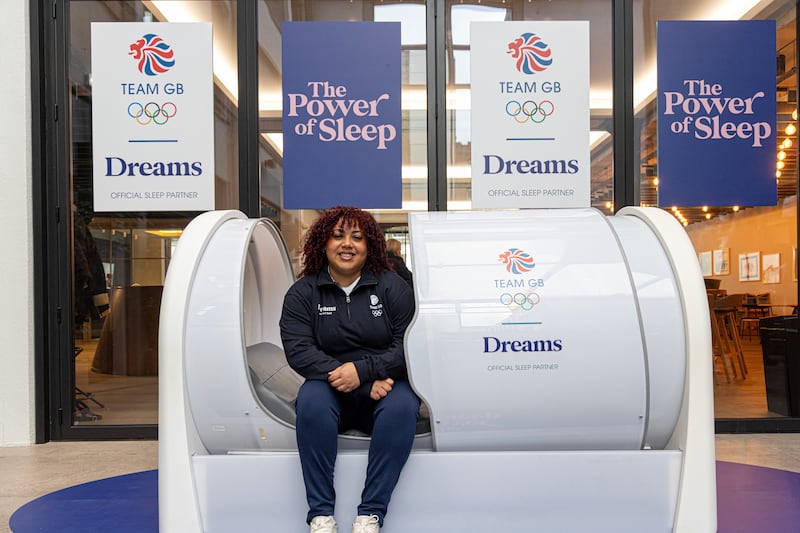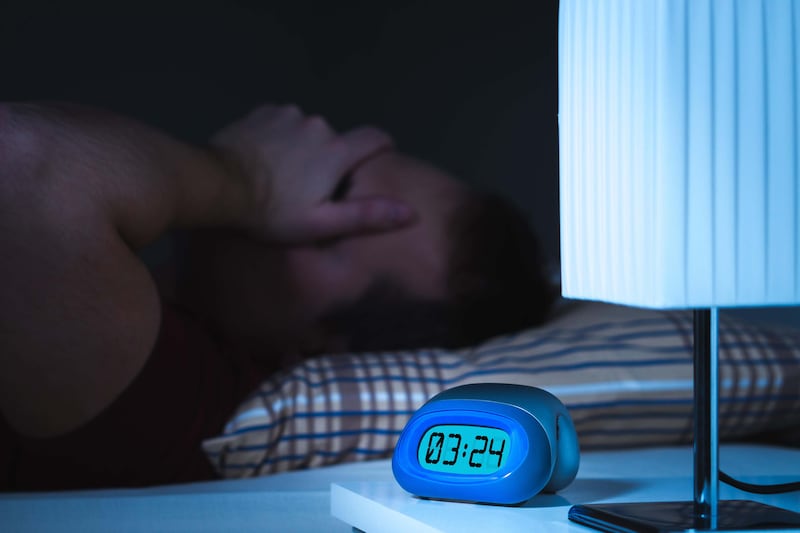DECADES ago, Winston Churchill said: "Nature has not intended mankind to work from eight in the morning until midnight without that refreshment of blessed oblivion which, even if it only lasts 20 minutes, is sufficient to renew all the vital forces."
Sleep scientists say we could all benefit from taking an afternoon nap and – if done properly – it can improve our mood and memory, reduce stress, and may even relieve strain on the heart.
The key is taking advantage of the early afternoon opportunity offered by our body’s natural daily cycle – our circadian rhythm. The fact is, we’ve evolved to have a siesta – but the circumstances of modern life mean most of us no longer take one.
"They’re not a replacement for a good night’s sleep, but they can be a very useful supplement, provided you keep the nap short," says Jim Horne, an emeritus professor of psychophysiology at Loughborough University.
"It can be refreshing to take a 15-minute nap when daytime sleepiness hits in the early afternoon. Sleep is done by the brain, for the brain – a nap is like a sleep 'snack' or nibble, which alleviates sleepiness and so improves your focus, your ability to pay attention, and your energy levels for a little longer."
Among the evidence for the benefits of a power nap is a new study in the journal General Psychiatry involving more than 2,200 healthy people (aged 60 and over) which found that those who regularly had an afternoon nap scored better in memory and other brain tests than those who didn’t nap.
Previous research found older people who took short naps had better word recall – a sign of good memory – than people who did not nap, reported the Journal of the American Geriatrics Society in 2016.
There are also benefits for the heart: A 2019 study in the journal Heart found that having an afternoon nap once or twice a week was associated with a lower risk of cardiovascular incidents such as heart attacks, thought to be thanks to their stress-relieving effect.
Taking a short midday snooze can lower blood pressure levels, according to another 2019 study in Greece. The participants’ blood pressure dropped by five points – similar to the effect of some prescribed blood pressure medication.
"Napping is also proven to help us emotionally by reducing stress and by boosting daytime happiness levels," says Dr Guy Meadows, a sleep physiologist and founder of the Sleep School online clinic and app.
"Naps have been shown to block feelings of anger and fear whilst increasing positive feelings – because they alleviate tiredness, which can make us vulnerable to negativity."
What’s more, he says, a silver lining of lockdown is that it offers a unique opportunity for us to embrace the daytime nap. "Since we’ve got this consistent opportunity to be at home, it’s a chance to set aside time to practise the skill of power napping."
It is indeed a skill – as your nap must be carefully calibrated at the right time of day so as not to interfere with your night-time sleep, and so that you rest for just enough time and wake before entering deep sleep.
The overall consensus for the perfect amount of time for a power nap is ten to 20 minutes – and certainly under an hour.
Nap for too long and you’ll wake during deep sleep, which will leave you feeling worse, not better. During deep sleep the body is not primed to wake and is still under the influence of strong sleep hormones.
The result is you’ll feel groggy (known as sleep inertia) and it could hinder your night-time sleep later on.
If you find you need to sleep for longer periods – an hour or more – during the day, then you should consult your GP as it could be a sign of an illness such as depression, or a sleep disorder such as sleep apnoea (when the tissues in the airway collapse temporarily during sleep, interrupting breathing), which can prevent you getting enough rest at night and forces you to ‘catch up’ in the day.
For the rest of us, there are two biological time points in which we’re primed to sleep: at night, and at some point between midday and 3pm, says Guy Meadows. This is due to the natural rise and fall of brain chemicals that induce sleep and wakefulness.
"From the moment you wake in the morning, a 'sleepy' brain chemical called adenosine is building up as a by-product of our metabolism,’ he explains.
"We need 16 to 17 hours of wakefulness to create enough adenosine to drive us into seven to eight hours of sleep at night. (A short nap will ensure you only mop up a little bit of adenosine and not wipe out everything you’ve built up that morning.)
"But to counteract that adenosine build-up during the day, there’s an opposing signal from your body clock which works to keep you alert through its effect on myriad hormones.
"From about midday to 3pm, that alerting signal naturally drops off a little, and connected to that is a small increase in the sleep-related hormone called melatonin.
"The overall effect is that we feel a drive to sleep mid- afternoon," adds Meadows. This is thought to be because man evolved in a hot climate – causing humans to seek rest at the hottest point of the day.
Indeed, cultures in warmer climates have continued with the tradition of the siesta.
"For me, [the optimal nap duration] is 11 to 13 minutes," says Meadows. "If I go beyond, it takes me longer to wake up, I feel groggy and that’s not helpful."
A proper afternoon power nap has the same sort of effect as a strong cup of coffee – but perks you for longer, without the side-effects of caffeine, he explains.
"As soon as you fall asleep, you start to remove adenosine from your brain and, therefore, lower your sleep drive – whereas caffeine only masks the adenosine receptors for a time."
To get the most out of power naps, Meadows suggests you stop thinking of them as the same as sleep.
"If you go in for a power nap expecting to sleep properly, you’ll set yourself up to fail," he says.
"Don’t see it as an opportunity to sleep, see it as an opportunity to switch off and let your mind rest. Think of a nap as like meditating."
© Solo dmg media








